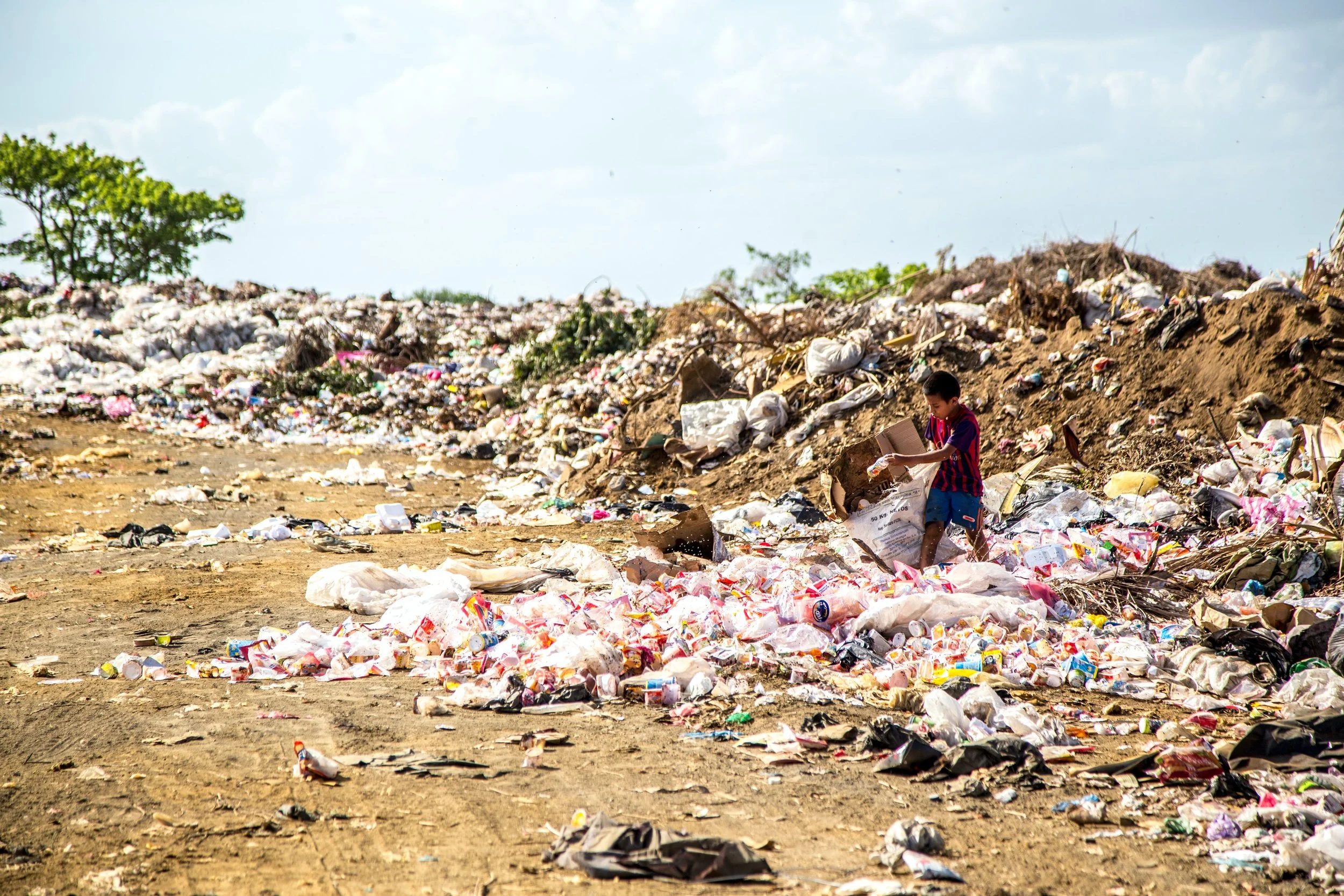By: Cael T. Henshaw
Wealth in all its forms, or rather the security that wealth brings, is the driving force of animal existence.[i] Water, food, and shelter are the primary securities; then mating—to keep the cycle running.[ii] It is a luxury to afford the time and effort to spare resources to propagate a healthier environment.[iii] Wealth allows one to be secure enough to look outward towards the greenery and wish it greener, the blue water to be more apparent, and the skies to be free from pollution.[iv] For the environment to truly one day be at balance with the interests of humanity, humanity must first become secure in itself.[v] Where humanity is not secured in itself, in the developing world, restrictions on economic development and the social pressures from industrialized nations should be lessened to allow for unimpeded growth.[vi]
The United Nations took the concept of sustainable economic development to task during its 2015 General Assembly.[vii] The result was the Sustainable Development Goals, which is a set of seventeen goals designed to be a “blueprint to achieve a better and more sustainable future for all.”[viii] Its masthead goal was the eradication of poverty, in all its forms, by 2030.[ix]
Increases in wealth proportionally increase both environmental concerns and the efficacy of those concerns.[x] Technology to reduce carbon emissions and to recapture carbon from the environment, technology to recycle pollutants and waste, and technology to streamline water consumption all require vast amounts of capital—capital that burgeoning industrial societies cannot afford when balanced against more pressing needs.[xi] Food must be put on the tables of children, electricity, and warmth must be driven to warm those children, and walls and roofs must be built to house them. A 2019 paper on governmental protection of the environment found that funding for protection is only wrought from a public which cares for the environment.[xii] If the public cares little for the environment because the public is struggling with ensuring their familial security, not only will personal environmental protection be ignored—such as personal waste recycling and reducing water consumption—but government agencies tasked with environmental protection will not have the public support to accomplish anything of substance.[xiii] Therefore, accelerating industrialization in the short term in the developing world will overall benefit the environment in the long term.
The link between increased carbon emissions and the rise from extreme poverty is evident.[xiv] Extreme poverty, according to the World Bank, is marked at $1.90 per day of consumption—the statistics for extreme poverty take into account different markets and the values therein.[xv] Overall, “extreme poverty decreased globally from over 40%” in 1981 “to an estimated 10.9% in 2013.”[xvi] This massive leap out of poverty, unfortunately, and necessarily, has corresponded with a proportionally marked increase in carbon emissions.[xvii] In that same year range, 1981 to 2013, carbon emissions per capita have increased from 4.2 to 5 metric tons, a 19.7 percent increase.[xviii]
It is self-evident that developing countries have a right, and further, a duty, to eradicate poverty. Unfortunately, eradication of poverty is an expensive endeavor and requires public support, both internal and external.[xix] The balance of morals between protection of the environment by the reduction of carbon emissions and pollution and the eradication of world hunger, poverty, and inaccessibility to education must be tipped in favor of humanity. With a newfound appetite and ability to repair an environment exploited for their propagation, the generation that follow must be entrusted with that mission.[xx] There is no one among us with the moral intelligence to prove the importance of one over the other.
[i] See Andreas Diekmann & Axel Franzen, The Wealth of Nations and Environmental Concern, 31 Env’t and Behav. 540, 549 (1999).
[ii] A. H. Maslow, A Theory of Human Motivation, 50 Psychol. Rev. 370, 72, 80—81 (1943).
[iii] See Diekmann, supra note i at 49.
[iv] Id. at 49.
[v] See id. 548—89.
[vi] See William Chandler et al., Climate Change Mitigation in Developing Countries: Brazil, China, India, Mexico, South Africa, and Turkey, pol’y (Oct. 2002), https://www.c2es.org/document/climate-change-mitigation-in-developing-countries-brazil-china-india-mexico-south-africa-and-turkey/ [https://perma.cc/M9DA-MR5E].
[vii] U.N. GAOR, 70th Sess., U.N. Doc. A/RES/70/1 (Oct. 21, 2015).
[viii] Id at 14;Take Action for the Substainable Development Goals, Sustainable dev. Goals, https://www.un.org/sustainabledevelopment/sustainable-development-goals/ (last viewed Oct. 21, 2020) [https://perma.cc/RGJ7-YUWN].
[ix] Take Action for the Substainable Development Goals, supra note viii.
[x] Corey J. A. Bradshaw, Xingli Giam, Vanjot S. Sodhi, Evaluating the Relative Environmental Impact of Countries, PLOS one May 3, 2010 at 1,6.
[xi] See Climate Solutions: We Need to Act Now, Union Concerned Scientists, https://www.ucsusa.org/climate/solutions (last viewed Oct 22, 2021) [https://perma.cc/9YLZ-WZJP]; Eric, Why are Eco-Friendly Prodcucts More Expensive?, The Sustainable Living Guide (Apr. 19, 2021), https://thesustainablelivingguide.com/why-are-eco-friendly-products-expensive/ [https://perma.cc/7W6A-RWXR].
[xii] Joakim Kulin & Ingemar Johansson Sevä, The Role of Government in Protecting the Environment: Quality of Government and the Translation of Normative Views about Government Responsibility into Spending Preferences, 49 Int’l J. of Soc. 110, 110 (May 2, 2009).
[xiii] See id. at 110.
[xiv] Daniele Malerba, The Trade-off Between Poverty Reduction and Carbon Emissions, and the Role of Economic Growth and Inequality: An Empirical Cross-Country Analysis Using a Novel Indicator, 150 Soc. Indicators Res. 587, 591-92 (2020).
[xv] Id. at 589.
[xvi] Id. at 589.
[xvii] See id at 589-90.
[xviii] Id.
[xix] Kulin, supra note xii at 110.
[xx] The editorial board, A new deal for the young: saving the environment, Fin. Times (Apr. 30, 2021), https://www.ft.com/content/4bfa1c23-0726-468d-ac03-331b91ce73f9 [https://perma.cc/ZP94-W642].


